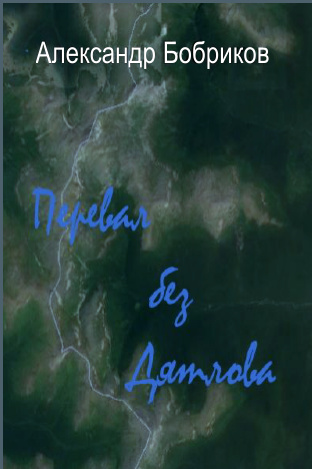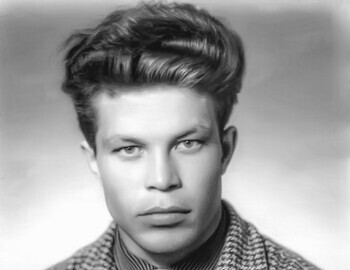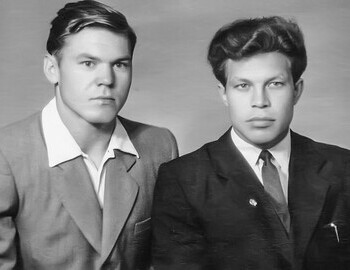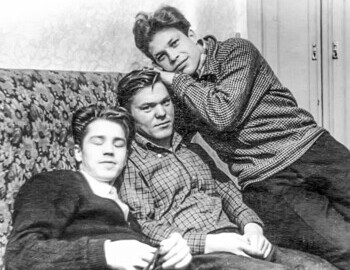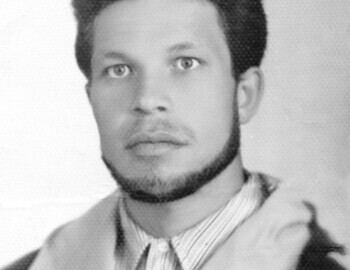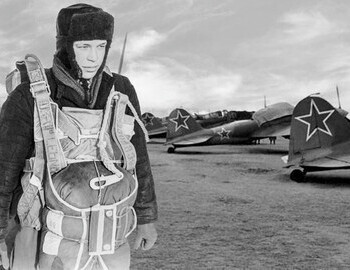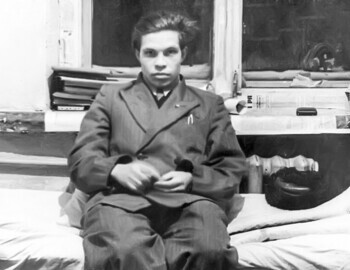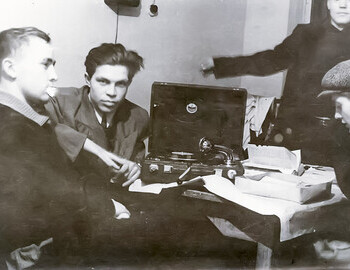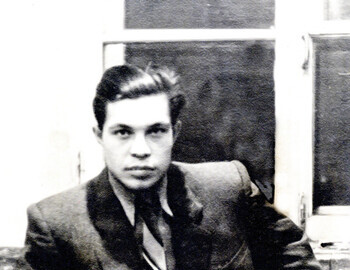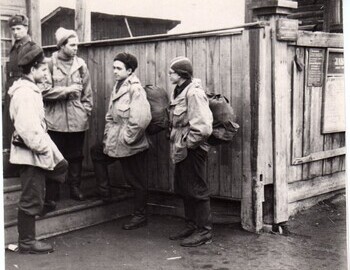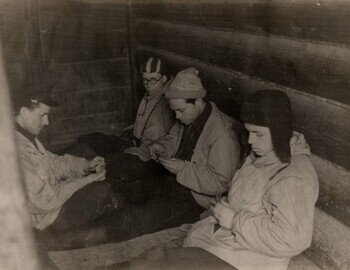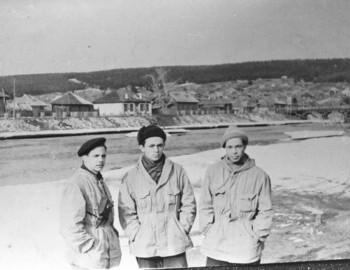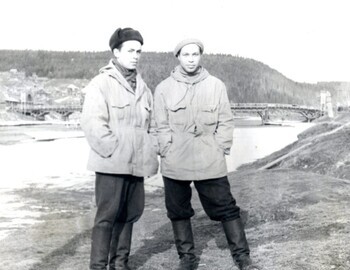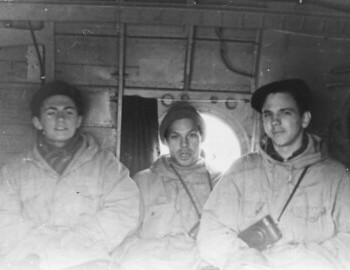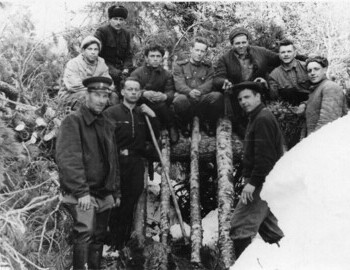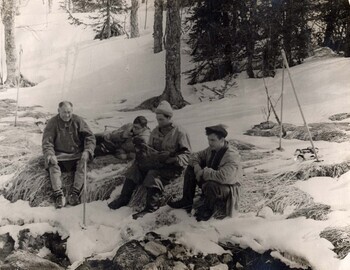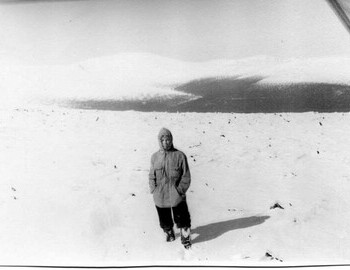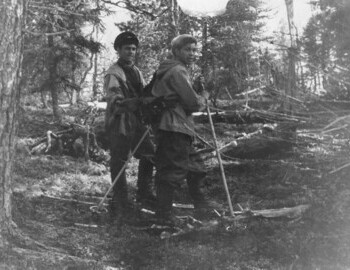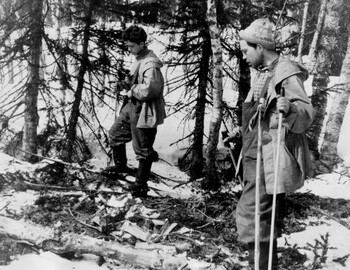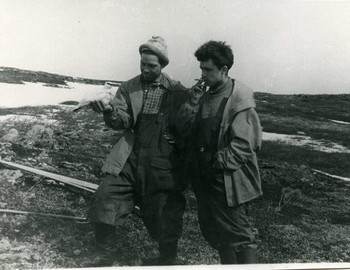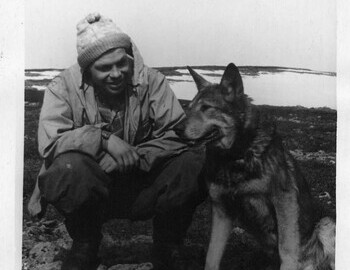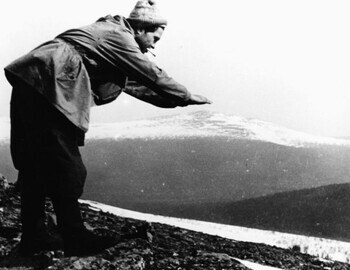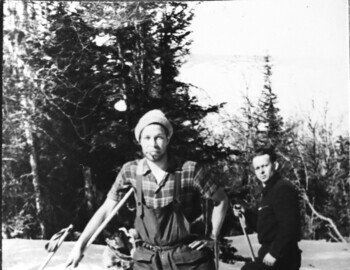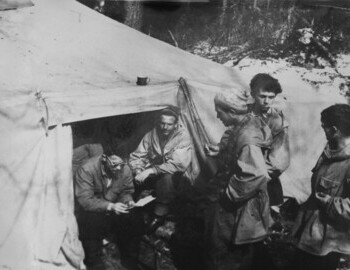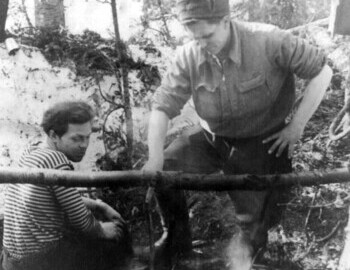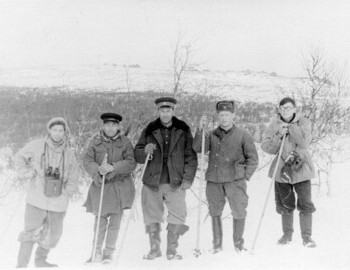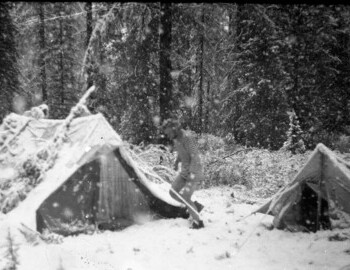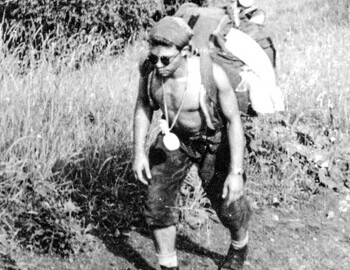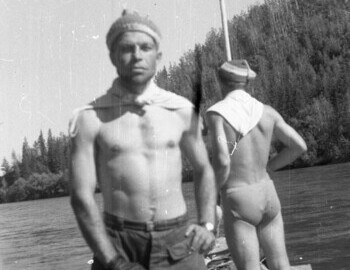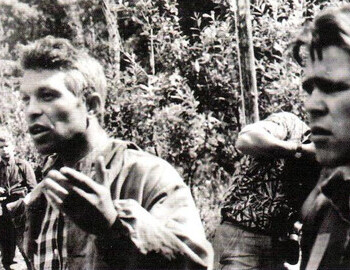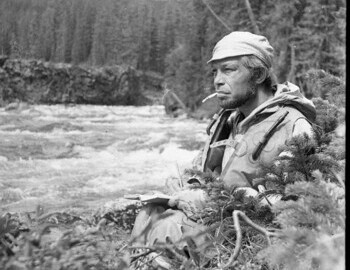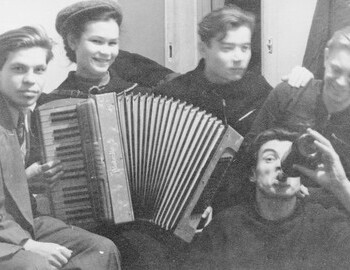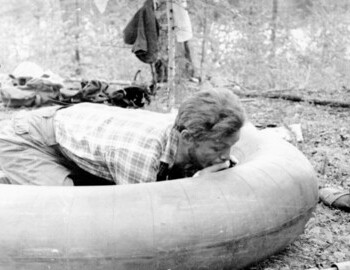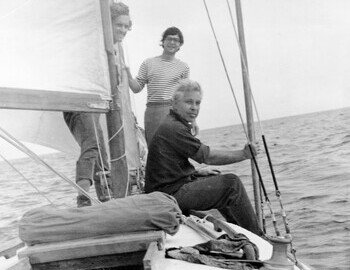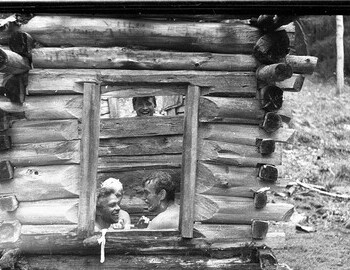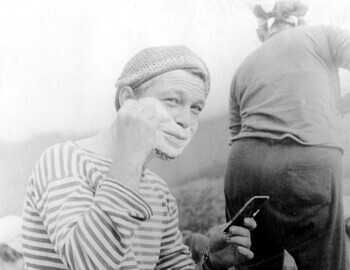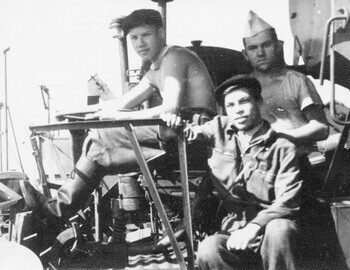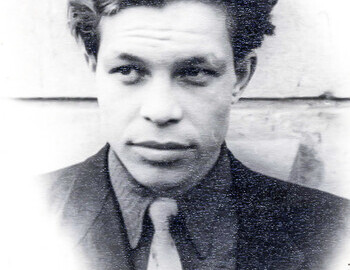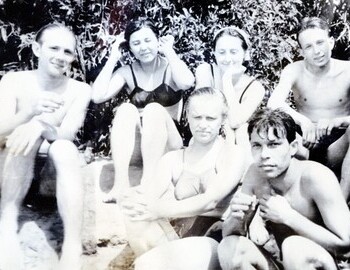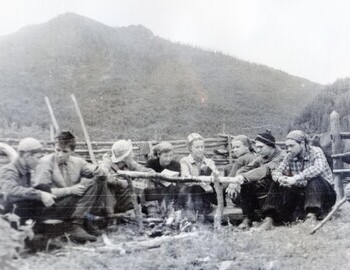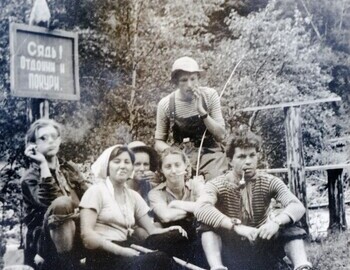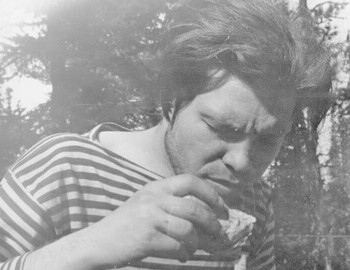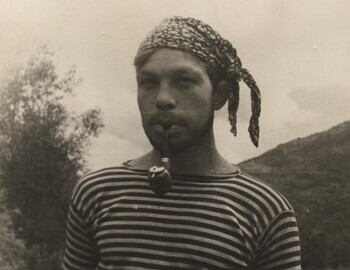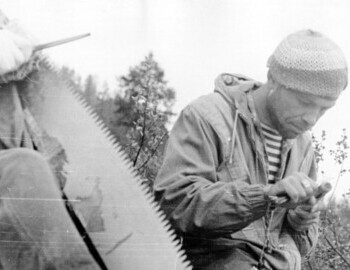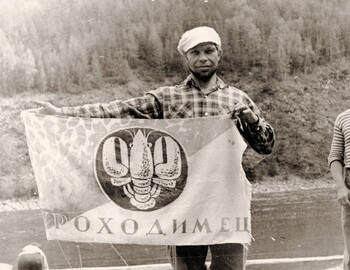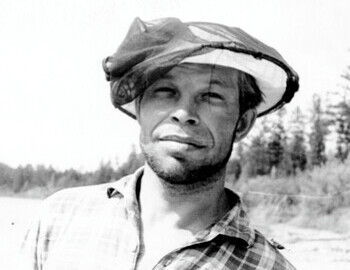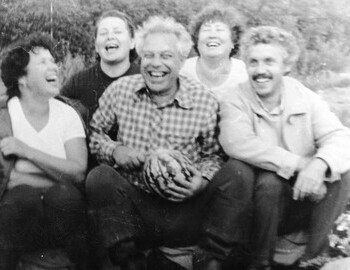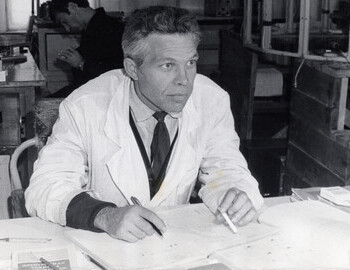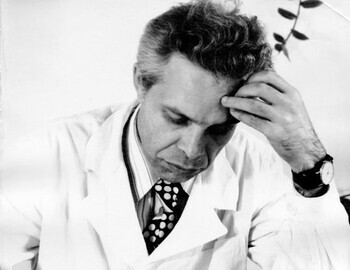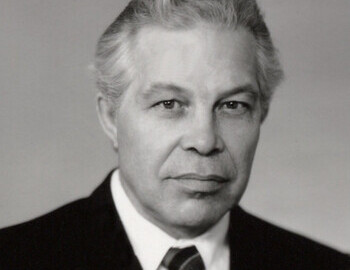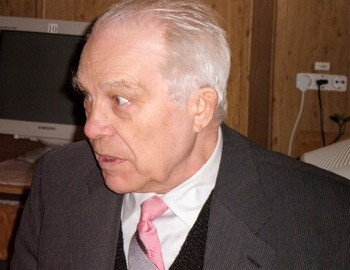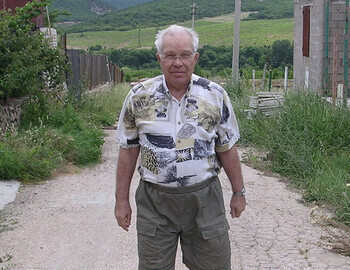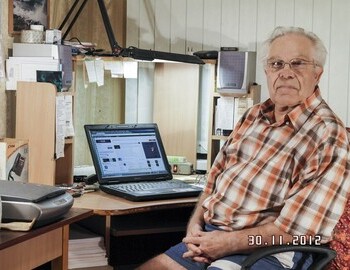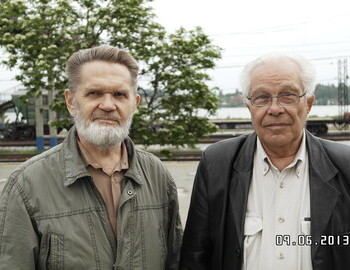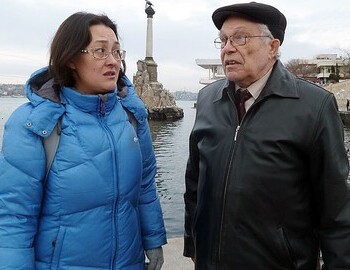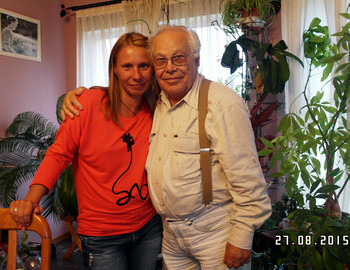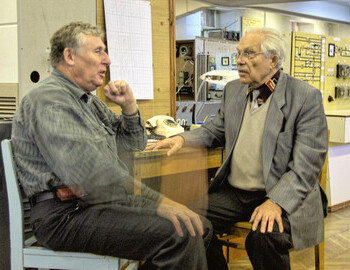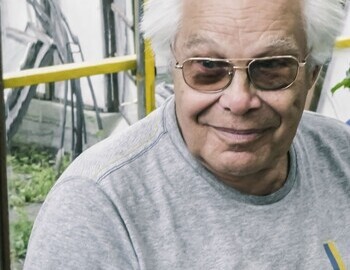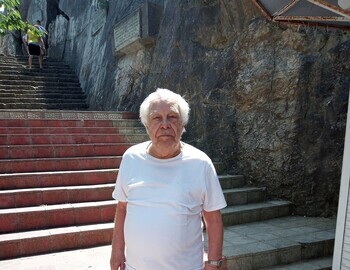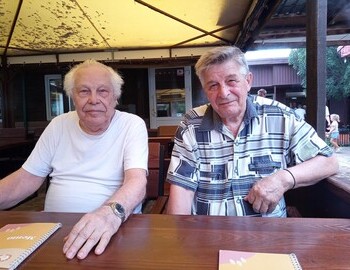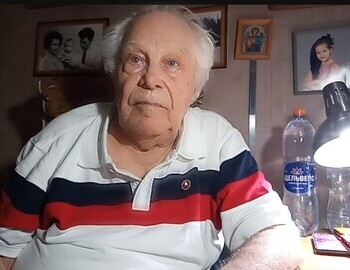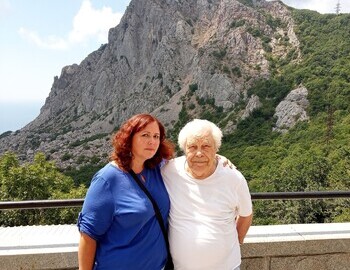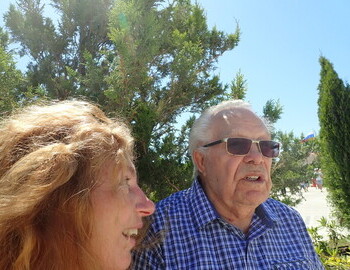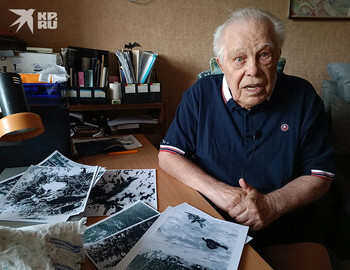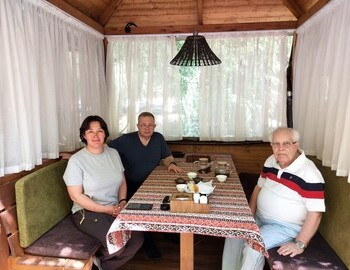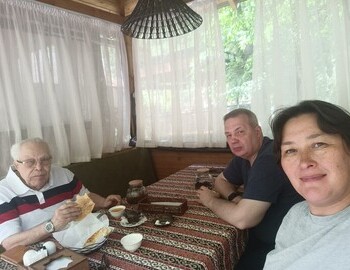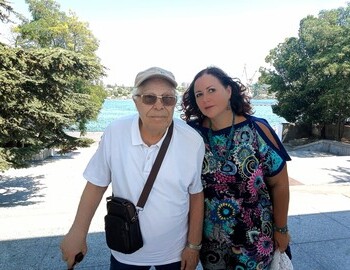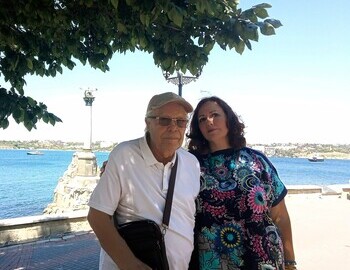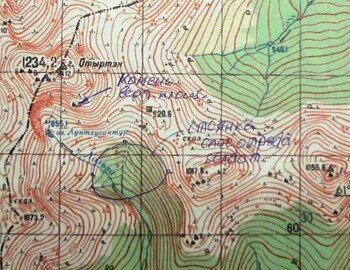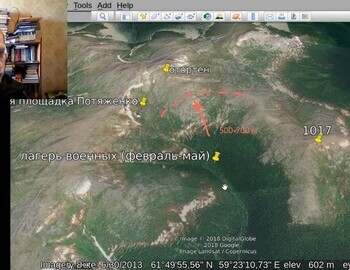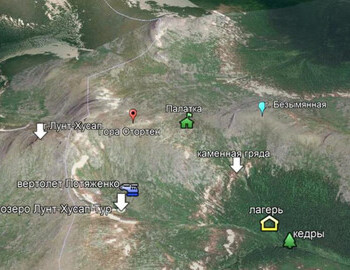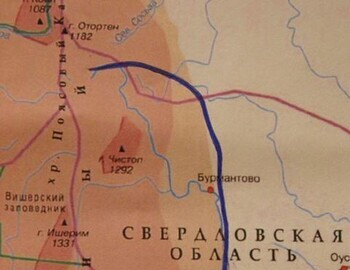
Pass without Dyatlov
by Aleksandr Bobrikov
Askinadzi wrote to me a month ago: "I don't know if this book will be a welcome gift, but I will send it at my own risk. Please take a look. I believe the book deserves your attention. I would like to hear your opinion on it." Askinadzi is one of the most respected searchers alive that has his faculties and memory intact, but what is so charismatic about him is that he is rational, down to earth, approachable, very knowledgeable, a scientist. They all are, after all they all graduated from a prestigious institute. I am putting an emphasis on why I am offering the book to your attention. Vladimir Askinadzi is vouching for it!
I read it. I wouldn't have, at least not to the end, if it wasn't for Askinadzi. Problem is the (1) tone and the (2) fakes. But if you pass that you will learn a lot. Let's get it out of the way so we don't have to discuss it.
(1) Askinadzi worked with Bobrikov on the book for a long time. The first version was very crude, since Bobrikov was not a hiker. He offered Askinadzi co-authorship, but the latter said that the book should lose its aggressive and offensive tone, and stick to the facts. Bobrikov criticize Varsegova, Bartolomey, Sogrin, Blinov, everyone actually. Askinadzi believes that the criticism is not fair, because at the time they were no more than 22 years old. Askinadzi says that they were "under the pressure of the authorities, the information was then, and still is, hidden from us! ... they deliberately powdered our brains so that, God forbid, being eyewitnesses, we would see and guess what the authorities wanted to hide." Askinadzi says that this book especially angers the supporters of the criminal versions because it "pulls the rug from under their feet".
(2) The fakes don't really do anything for me because I know that all the free software e.g. Forensically that the sites (this book included) cite are for digital photography. Bobrikov says that the negatives are manipulated but he proves it with software that tracks changes on a digital image. Once scanned, whatever is done with the negative will not show as a defect. So I don't pay attention to "the fakes". I also tried to reproduce the results from the book and it turns out Bobrikov first did things in Photoshop to enhance the contours whatever to make his point, but in any rate I will not engage in discussing fakes. Askinadzi: "There are many sites using other methods and programs that speak of mass falsification of both photos and diaries, etc. Dyatlov researchers have been exposing falsifications of documents for a long time. After all, the fact that Dyatlov reached the northern side of Otorten was known (or guessed!) by Maslennikov (his son-in-law speaks about it), Tempalov, Ortyukov, Cheglakov (*). And those are just the ones I know of. They knew about the existence of a military training ground on the northern side of Otorten."
After reading the book I decided to ask Bobrikov questions. And then the bomb dropped: Bobrikov is dead. He gave his book to Askinadzi, they worked on it for a long time, and then one day Bobrikov stopped answering. This might also account for his self-assertive language. Askinadzi calls it a "swan song". So sentiments aside, what is the value of this book? Askinadzi: "I sent a book to many of my, as it seemed to me, like-minded people, so that they could get acquainted with a completely new approach to interpreting well-known documents, statements, memoirs of those whom they themselves take to be authoritative informants, which documents they perceive as reliable, devoid of fakes."
- 2 -
My heart changed about this book because this is exactly what drove me and Igor to seek explanation. If you compare the testimonies of "authoritative informants" then as Bobrikov says: "I had a feeling of a logical hallucination when I tried to comprehend and combine the stories of Akselrod, Slobtsov, Sogrin and some other participants in the epic search on Kholat Syakhl pass. It’s as if a dream interferes with reality, where some absurdities from the real world suddenly become quite understandable and natural. I'm already beginning to fear for my mental state and at the same time, an understanding of what this did to the Dyatlov case researchers treading these waters for decades... There is a confusion in the dates and sequence of events. Why back in the time no one feared that they would be taken all all together in one place and forced to tell the truth? They were not afraid because the "roof" was serious and reliable and reinforced a concrete legend. Everyone is already accustomed to the fact that it was on the slope of Kholat Syakhl, exactly under the cedar tree... exactly the flooring... exactly barefoot... exactly naked... exactly they got scared, they cut the tent..."
In our book "1079" Igor Pavlov and I explain the inconsistencies with the bodies being found twice. Bobrikov is placing the Dyatlov group on Otorten, not Kholat Syakh, but in the process of reading the book I also found out not without a surprise (Bobrikov is criticizing them) that a large circle of Dyatlov obsessives think there was a second group that was on Otorten with a special mission, that this whole charade was to cover the liquidation of the other group (in which they were pretty much successful since no one knows about them), and that the Dyatlov group was just a collateral damage that no one anticipated.
The book "PASS without DYATLOV'' has a very exploratory comparison of witness testimonies and fact discrepancies, it points out errors and omissions that one could usually attribute to the time that has passed. In any case it is a book that Askinadzi stands by and will introduce to this year's annual conference. Here is a chance for a sneak peek. I will continue adding to the post as I find more information referenced in the book or by Askinadzi (*). I think you have enough to give it a chance, sorry that it is in Russian but I believe you can use Google translator. You should be used to by now who the Woodpeckers are :)
Bottom line: this book highlights passages that we rarely read side by side with other testimonies, challenges old perceptions, and personally made me seek and translate new sources instead of feasting during the holidays. Last but not least - opens a line for communication with Vladimir Askinadzi which to me is the most precious gift. He is an extraordinary person.
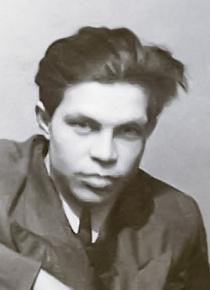
Who is Who: "Vladimir Mihaylovich Askinadzi (Владимир Михайлович Аскинадзи) born in 1937, in 1959 - 5th year student of the Physics and Technology Faculty of the UPI (Department of Experimental Physics, group 517, specialty №24); lived at the address: Room 303, 66 Lenin St, Sverdlovsk; the head of the search party UPI Apr 25 - May 8. Born on Apr 10, 1937 in Voronezh in a family of builders. In 1945, after his father was recalled from the active army, he was sent to build a plant manufacturing weapons-grade plutonium in Novouralsk (Sverdlovsk-44), where his family moved in 1946. Graduated from high school №49 in Sverdlovsk (in Sverdlovsk-44). In 1954 he became a 1st year of the metallurgical faculty of the UPI (specialty - ferrous metallurgy),later (apparently - from the 2nd semester) he transferred to Phystech; from September 1959 - in pre-diploma practice. After graduating from UPI in 1960 he was assigned to All-Russian Research Institute of Technical Physics (Chelyabinsk-70, Snezhinsk), where he completed his postgraduate studies and worked for 13 years. In 1973 for family reasons was forced to move to Sevastopol. In total, he worked in the defense industry for 35 years, also as the head of department and a chief designer of specialized design-engineering department (Sevastopol). Since 1996 he has been teaching at the university. Currently - a lecturer at the Sevastopol National University of Nuclear Energy and Industry. Master of Sports of the USSR in tourism 1970. Specialty - water tourism."
You can discuss this topic on Dyatlov Pass Forum.
You can see Potyazhenko's landing site and Syunikaev's unit 6602 camp on these maps. But take a closer look. Potyazhenko drew his landing site on a rock on the steep slope of Otorten. Semiletov and Bobrikov based their maps on the one Potyazhenko drew and gave Kuntsevich, but they moved Potyazhenko's landing site on the Lunthusaptur lake, the first place where a helicopter could have landed south of Otorten. The route on the last (simplified, no contour lines) map is drawn by Potyazhenko himself in 2014 during an interview by Irina. The route is clearly not ending on Otorten but the Dyatlov Pass. In that same interview Irina says that she had given up showing Potyazhenko other maps he can't see well. His sight has not gotten any better in four years when he circled in 2018 where he landed in 1959. Also he had taken picture of the rock where he landed and that is the rock with the monument plaque on the Dyatlov Pass. In another interview by Olga Potyazhenko clearly says that he "landed near a rock on the saddle between Auspiya and Lozva". When Potyazenko was shown a modern photo of Kholat Syakhl and the outlier rock: "here I was sitting (landed near the rock), there is a descent (points south to the Auspiya valley), in this place there was the soldier's camp..." Where did he see the tent of the Dyatlov group, he points to the Kholat Syakhl slope, "700 meters from the rock".

